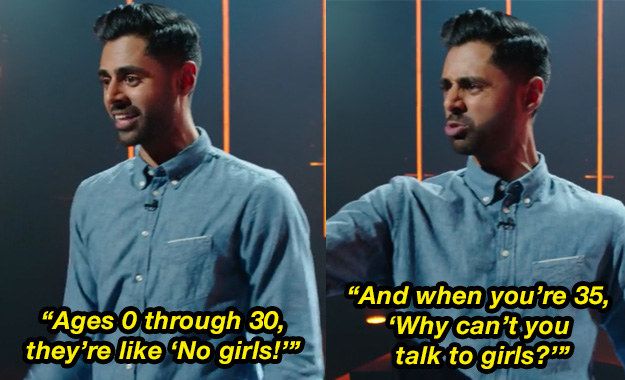In a time when college campuses are becoming hubs for discussions on topics like LGBTQ and gender rights, how far have our parents come in terms of having open discussions about sex to their college-going kids? How far has the Indian household come?
When I was little, I had once asked my Mom- “From where did I come?” and she answered with a smile that she prayed and so it happened. The conversation could have ended then, but I asked her another question in return. “Mama, don’t the nuns pray all the time; why don’t they get babies?” That question remained unanswered, and it does so years later as well.
The elephant in the room that is never addressed is the way Indian parents see sex. The sad reality is that parents never discuss sex with their children, and yet expect them to have already known all this through various media-based platforms. The ambiguity about it is so well-maintained that we never expect them to tell us either. The relationship shared among the coming-of-age teenagers, and their culturally and traditionally submerged parents is so drastically aloof from the western style of parenting that a lot of sensitive topics are left unmentioned.
A silent understanding is reached where the latter expects the first to be smart and efficient in understanding such matters, without ever making sure that it so happens. Indian parents generally shush such matters, and when they do arise unintentionally, then these topics are manipulatively buried beneath the carpet so as to keep the kids away from it. We all must have experienced that awkward moment when a kissing scene comes on television, and we don’t know what to do when with our parents around us. Sex-based conversations are sensitive, often offensive, and have materialised into taboos.
It becomes all the more problematic with girls, where they are forced to hide their love lives from their parents, and live in the constant fear of being caught and may even experience guilt about hiding secrets from them. Most girls in the Indian society are given regulated freedom to the extent that they can study and build a life for themselves, but the basic decisions and steps in it are controlled. A matter as private as physical intimacy is turned into a monstrosity, a sin that unmarried woman must not engage in. She is told to suppress her feelings as long as a stranger is not arranged for her to get married to.
Indian parents have surely become westernised, with their almost-addictive tendencies towards their smartphones, but they have somehow stayed traditionally conservative on topics like sex. This lack of discussion is not only unhealthy for the child, but also vicious because the child is, at times, left without guidance and ends up in trouble. The vicious cycle then continues where it is never okay to discuss sex, generation-after-generation, no matter how modernised we become.
Certainly, that is not the case with all parents and the trend seems to be shifting with time. But it is still gradual beyond liking, and it remains something that parents seem to not easily adapt. The spine-chilling pieces of news of honour killings of couples to protect the family’s societal image, and forced marriages of youngsters when found having a lover or a partner are nothing new to us.
It is important that families communicate openly, so that children realise the boundaries of consent, contraception, and even intimacy, and it is important for the parents to understand that sex is natural and normal. Breaking the taboo around sex is not only important for larger goals like population control, but for better family dynamics as well. Sex may be a topic that parents and kids both may be too shy to put forward. But it is important as this would not only allow you to have such discussions in the future but would also allow them to see you as adults. Thus, it’s up to us as individuals to take the stand. Psychologically, certain discussions a mandatory to happen if one desires development and growth. Sex, if not in our parents times, but at least in ours should be a topic that the future generations aren’t afraid to discuss.
Image Credits: Netflix
Image Caption: Stand-up Comic, Hasan Minhaj, explained the communication gap and taboo of sex in Indian families.
Stephen Mathew
[email protected]






